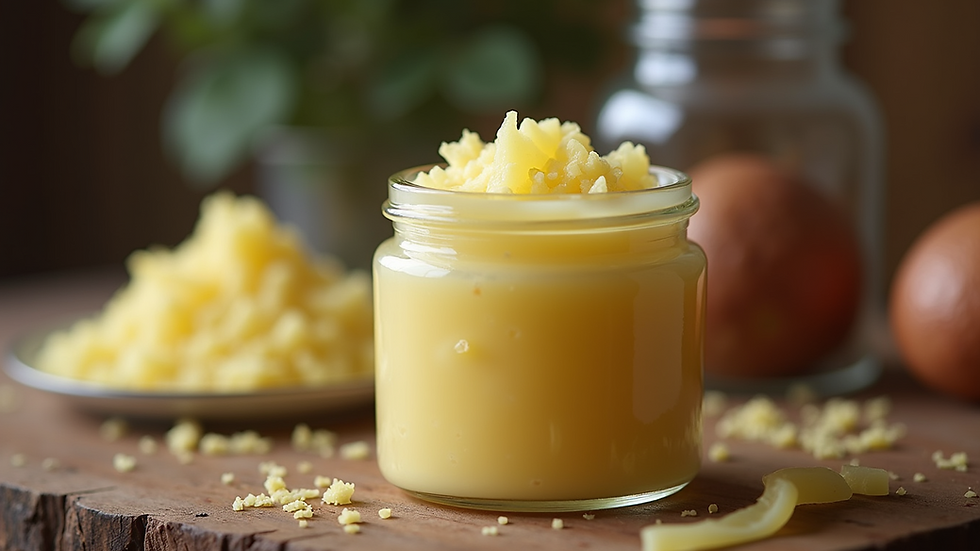What is the Delta 8 vs Delta 9?
- Uptown Remedies

- Sep 6, 2021
- 3 min read
Delta-8 THC has been on a wild ride so far.
It snuck up on the CBD and cannabis industries and officially entered the game in late 2020. Now the question of what happens next and whether bigger brands want to jump on this bandwagon is up for debate.
Delta-8 is a variant of the delta-9-THC cannabinoid that everyone is familiar with. Though still psychoactive, delta-8 is reportedly less potent than delta-9. This makes it attractive to consumers who want less of an edge from their high. But unlike delta-9, delta-8 is being sold in CBD-friendly channels like vape shops and specialty retailers. This appeals to consumers in states without legal adult-use cannabis sales who are still looking for psychoactive effects.
Delta-9 and delta-8 THC chemical structures are very similar.
Is Delta-8 Federally Legal?
Hemp production is federally legal, which makes this cannabinoid easy to get in most places – especially online – and why many believe that delta-8 is in the clear. Because it is mainly derived from hemp CBD, it’s technically in a legal gray area, which is sparking conversations about how to proceed with the intricacies. As legal conversations continue, there’s a growing abundance of articles and videos around the web that provide instructions on how to make delta-8 at home.
As of June 2021, twelve states have completely banned delta-8 THC, including Georgia, Pennsylvania, North Carolina, Virginia, Indiana, Wisconsin, and Tennessee. The federal consensus isn't clear on regulatory guidelines, but laws will continue to change on both state and federal levels.
So does delta-8 make you high? There’s an undeniable psychoactive effect, although – just like delta-9 – it will vary for each individual and how it’s administered. But that is where the ambiguity around Delta-8 continues and is increased by a lack of scientific research to understand its long-term effects. Let’s take a closer look at the pros and cons of this minor cannabinoid entering the market and how consumers are reacting to it.
The Potential Behind Delta-8
Delta-8 has the potential to serve populations where recreational cannabis is still illegal. For consumers that have been hesitant about the effects of delta-9, this option can offer a milder experience without the paranoia or panic sometimes associated. High sales of delta-8 are recorded even in states where recreational cannabis is legal. And because it has less tax burden than cannabis, it becomes more attractive to budget-conscious consumers.
The legal ambiguity of delta-8 also provides opportunities to test sales in new markets and channels where delta-9 THC is not permitted.
Further, Delta-8 is an outlet for CBD production companies to market their large or excess quantities of distillate, especially because it offers higher returns than CBD. Politico states, “In January, Delta-8 cost about $1,400 per kilogram, while CBD isolate was selling for about $550 per kilogram.”
The Backlash
The extraction process is not “natural” even though brands claim it is “naturally derived.” As Politico's article states “The vast majority of Delta-8 products aren’t extracted from cannabis. Instead, producers convert plant-derived CBD into Delta-8 THC using a chemical process called isomerization. The process combines CBD with a solvent, acid, and heat to cause the reaction that turns CBD into THC.” And because the FDA has not yet provided any regulations, there is a lack of standardization in lab testing across the board. This means lab results will vary, further inciting the complexities of delta-8.
Cannabis on the other hand is highly regulated and heavily tested before it is put on the market. All it takes is one bad formulation, and delta-8 is vulnerable to the same scenario as the 2019 vape crisis. The current lack of research on the long-term effects of delta-8 and its legal loopholes leaves more to be desired for many to feel safe and trust its place in the industry.
Delta-8’s Impact on the CBD Market
As delta-8 exploded around the country, it found its place in smoke or vape shops and convenience stores. Many are positioning it as a mildly psychoactive product for people without access to legal cannabis, which is popular with one segment of the overall CBD market. The CBD industry has many positionings and can be substituted for anything from a supplement, to a glass of wine, a sports recovery cream, a cigarette, or even cannabis.





Comments